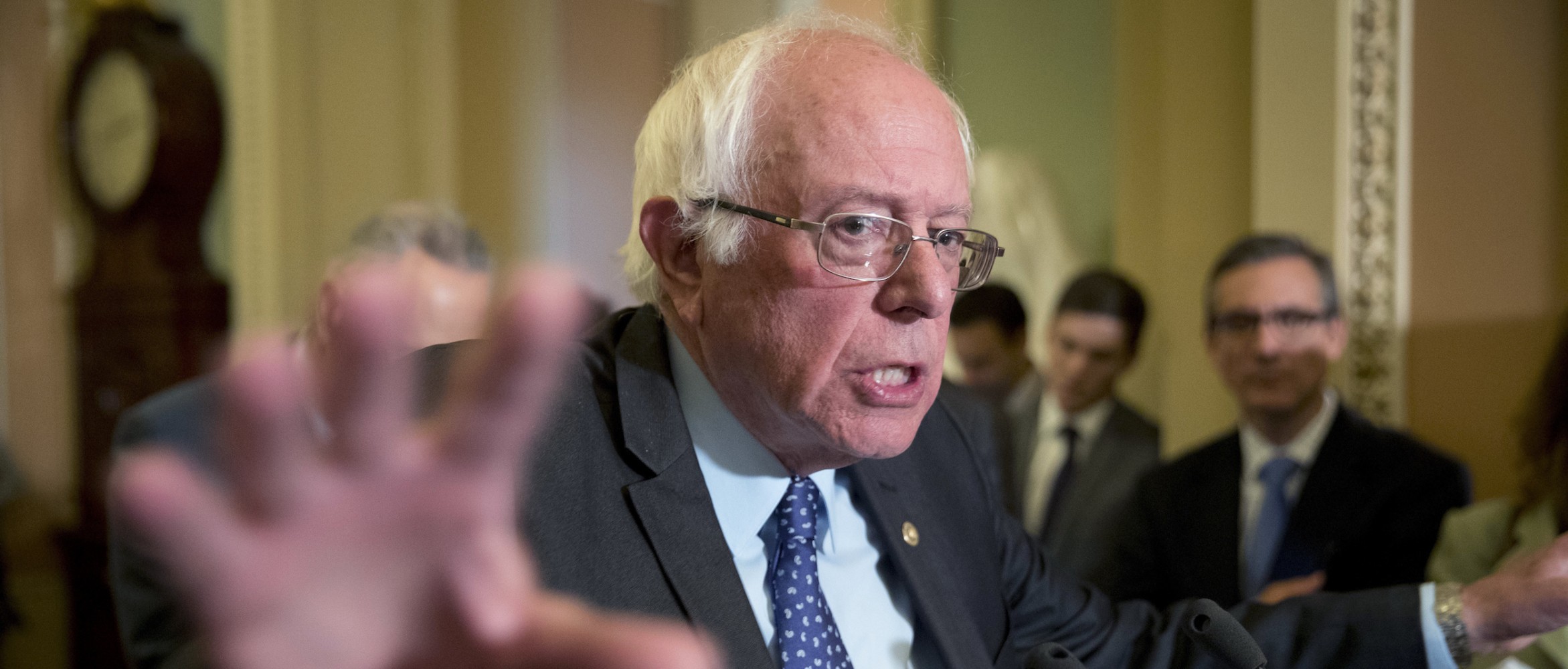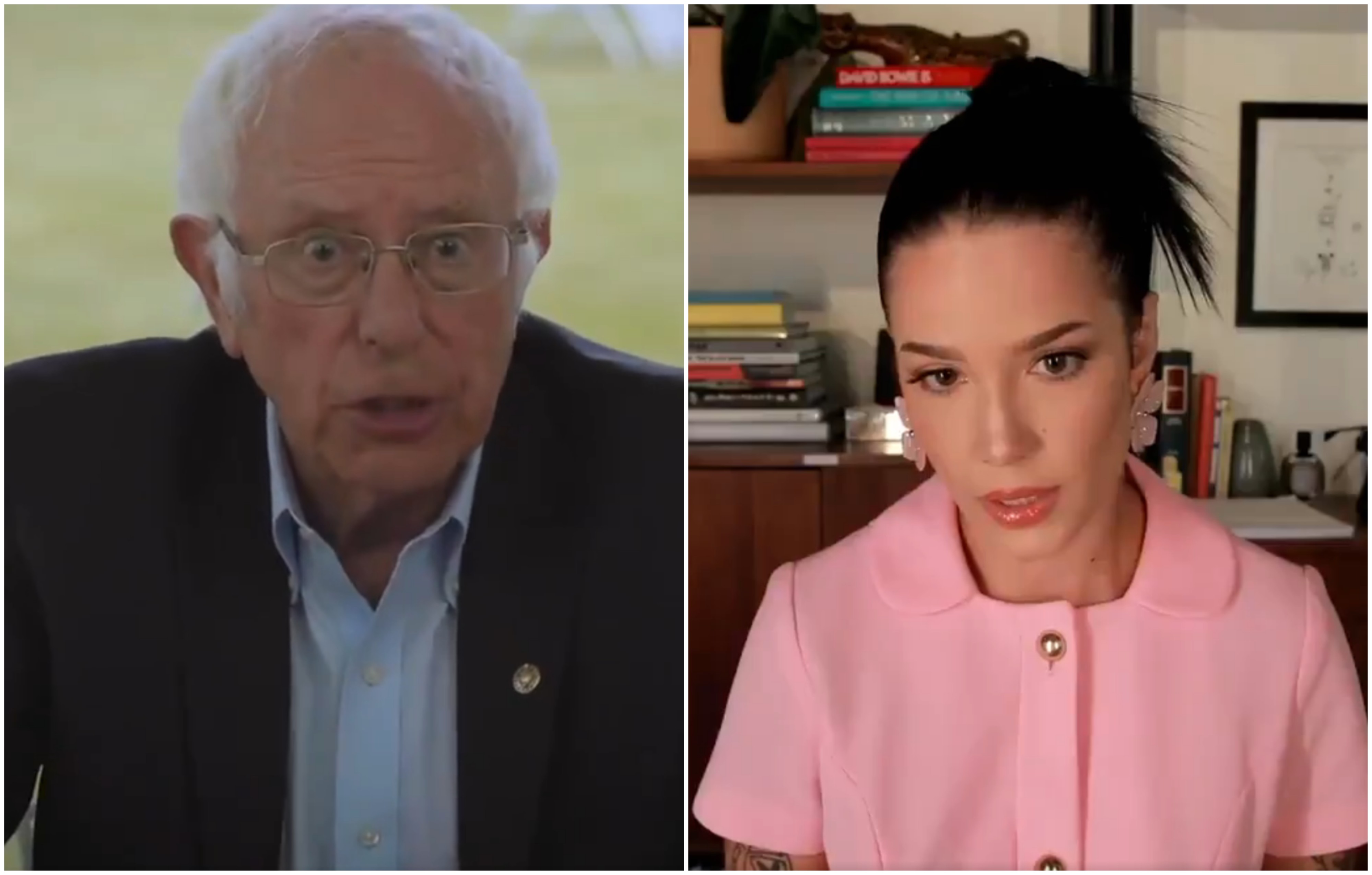You can’t help but constantly wonder if we did all that we could to stop the election of Donald Trump. I know I didn’t. I’m a smug complacent liberal from the reliably blue and anti-MAGA state of Maryland. And it’s probably the same for those fortunate souls who had their lives subsidized by their parents and believed that Bernie Sanders wasn’t lying the whole time. As for Hillary Clinton, did she really do all that she could have to stop this from happening? She was the best-equipped, and yet, still dropped the ball.
She couldn’t connect with an audience like Obama or Trump. She never made people love her. Clinton was a middle-of-the-road, cautious campaigner; a great handicapper, no doubt, but not a natural. She played it safe in typically technocratic fashion. Her inability to read a room was fatal. She is the most timid person who has never gone quietly. She could never think big. That’s why she didn’t beat Obama and it’s why she lost to Trump. But how do we pinpoint where exactly she went wrong? If you had to find one thing the Clinton campaign did that guaranteed defeat, I’d submit the thing every political expert would say didn’t matter: Her choice of Tim Kaine as her vice presidential running mate.
Picking Kaine, at the time, felt responsible. It was the move one would make when believing you’re going to win — not when you have an unquenchable thirst to win and decide to figure out the rest later. I came around to Kaine, but when she announced him as her VP choice, I was apoplectic. I actually wanted Elizabeth Warren, mostly because I think that men are the enemy (whether we know it or mean it or whatever) and, because it would have been the kind of insane, long ball that the country needed; a shocking, dazzling display of what we could be as a people. Republican presidential candidates pick their vice presidential nominees for how they want the base to view them, and Democrats pick VPs to chill out the moderates and not let their left-wing colors show too much. That’s obviously needs to change.
But, what if rather than splitting the difference like I had wanted or botching it as she did, Clinton had picked Sanders? Imagine all that could have been after the nastiest Democratic primary since, well, the last time Clinton ran. Democrats could have assembled the ultimate unity ticket. It wouldn’t have increased minority turnout but very well might have won the Midwest states that Clinton lost — we’re talking 70,000 votes and less than one percent of the vote in three states. That now fractured Blue Wall.
Sanders on the ticket would have properly wedded the two threads that make up the Democratic base. This is all woulda coulda shoulda and you can’t prove a negative, of course, but in hindsight it seems like such a clutch maneuver. They would have had an icy relationship in the West Wing, sure, but there would have been an dynamic. Conventional wisdom says VPs don’t really matter unless they turn out to be freaks, which of course is the whole thing with Sanders. He would have brought great enthusiasm, but he also would have been hit with real pressure and opposition research for the first time — like, say, his Soviet vacations and the college rape fantasies he was kind enough to have put in writing. And those are just the things we know about. There are worse things that we don’t.
Mileah Kromer, director of Goucher College’s Sarah T. Hughes Field Politics Center, remains skeptical:
The problem will always be that candidate Bernie Sanders never experienced the full force of the Republican opposition… For example, on occasion a Republican primary contender would take a swipe at the “socialist from Vermont,” but the attacks were infrequent and never sustained. At the same time, Hillary Clinton was running simultaneous campaigns during the primary — one against Mr. Sanders and the other against the ten or so Republican primary candidates.
The closest we can come to answering “Would Sanders have helped the ticket?” is likely found in the work done by Brian Schaffner of University of Massachusetts, Amherst, who found that “more than 1 in 10 of those who voted in the primaries for the very progressive Sanders ended up voting for the Republican in the general election, rather than for the Democratic candidate, Hillary Clinton.”
From his research, we know that these voters existed in perhaps large enough numbers in key states to maybe change the outcome of the 2016 election. What we don’t know is how they would have reacted to Senator Sanders agreeing to be on the Clinton ticket.
Part of the “Bernie or bust” message was the painting of Clinton as a liar and warmonger who was bought and paid for by Wall Street. The message was never “Bernie or Bust or at least VP.”
It’s important to remember, too, that Sanders’ selection as VP would not have changed Putin or Comey’s mind to ratfuck Clinton every which way they could. If anything, perhaps they’d been given more ammunition. Like Sarah Palin, Sanders may have been an electrifying VP choice, but one just as fraught with a million things that had never been explored.
It’s impossible to know, but it’s not inconceivable that he could have helped more than he could have hurt. But, because (as hard as it is to fathom now) we do not live in a fantasy, we’ll never know. Wondering what could have happened requires holding multiple and contradictory narratives in your head at once, none of them comforting or conclusive. That’s what happens when you lose.
This article was originally published in Death and Taxes on October 19, 2017.





